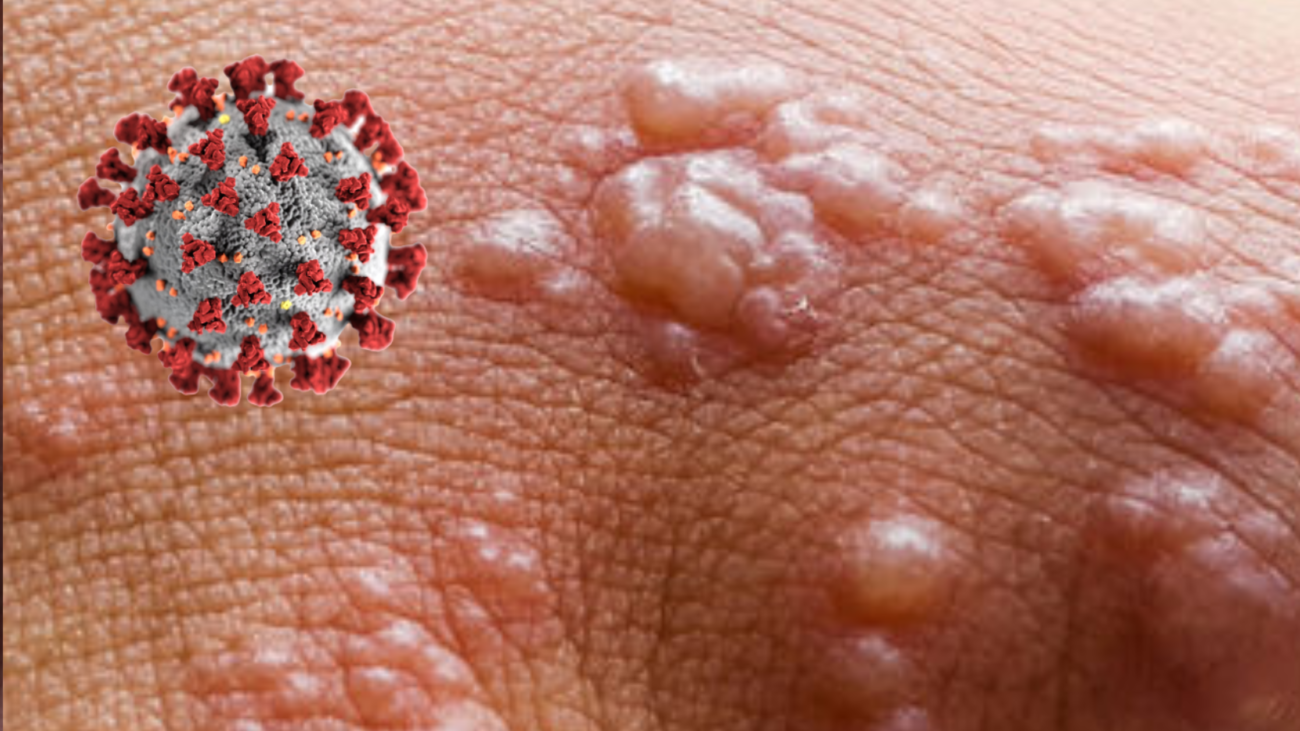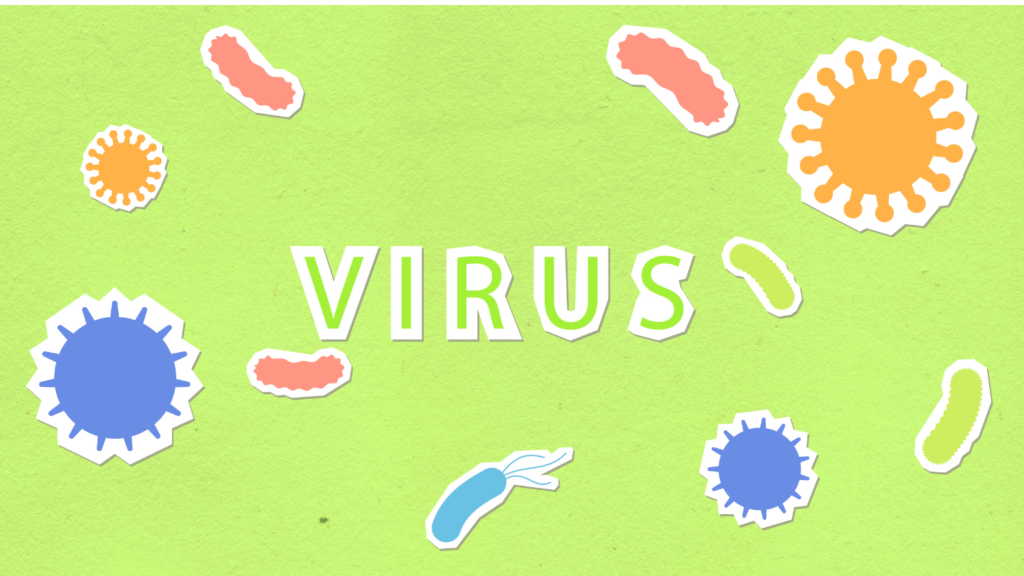The World Health Organization (WHO) announced today that a team of global experts has agreed on new Roman numeral names for monkeypox virus variants.
As part of ongoing efforts to align the names of the monkeypox disease, virus, and variants—or clades—with current best practices, a group of global experts that is convened by WHO has agreed on new names for monkeypox virus variants. The experts agreed to use Roman numerals to name the clades.
WHO is responsible for giving new names to existing diseases under the International Classification of Diseases and the WHO Family of International Health Related Classifications.
The monkeypox virus was named shortly after its discovery in 1958, before the adoption of current best practices in disease and virus naming. Likewise, the name of the disease it causes. Geographic regions where major variants were known to circulate were used to identify major variants.
The current best practice is to name newly identified viruses, related diseases, and virus variants to avoid offending any cultural, social, national, regional, professional, or ethnic groups and to minimize any negative impact on trade, travel, tourism, or animal welfare.
In a statement provided to our correspondent, the WHO stated that it is holding an open consultation for a new disease name for monkeypox and that anyone wishing to propose new names can do so here.
“The International Committee on Virus Taxonomy is in charge of naming virus species, and the monkeypox virus is currently being named.”
“The naming of variants for existing pathogens is typically the result of scientific debate.” To expedite agreement in the context of the current outbreak, WHO called an ad hoc meeting on August 8 to allow virologists and public health experts to reach an agreement on new terminology.
The phylogeny and nomenclature of known and new monkeypox virus variants or clades were reviewed by experts in pox virology, evolutionary biology, and representatives of research institutes from all over the world. They talked about the characteristics and evolution of monkeypox virus variants, their apparent phylogenetic and clinical variations, and possible ramifications for future virological and evolutionary research as well as for public health.
“The group agreed on new virus clade nomenclature that is in line with best practices. They came to an understanding regarding how virus clades should be listed and organized on genome sequence repository sites.
The former Congo Basin (Central African) clade was agreed to be referred to as Clade One (I) and the former West African clade as Clade Two (II). Furthermore, it was determined that Clade II has two subclades.
“A Roman numeral for the clade and a lower-case alphanumeric character for the subclades will serve as symbols for the correct naming structure. As a result, the new nomenclature includes Clade I, Clade IIa, and Clade IIb, with the latter designating the group of variants that were primarily in circulation during the 2022 global outbreak. As the outbreak develops, lineages will be given the names that scientists have suggested. The experts will meet again as necessary,” it said.
The new names for the clades should take effect right away, the global health organization advised, while work on the names for the diseases and viruses continues.
Following the WHO Family of International Health Related Classifications and the International Classification of Diseases, WHO is responsible for renaming already-existing diseases.
The International Committee on the Taxonomy of Viruses, which is currently working to name the monkeypox virus, is in charge of naming virus species.
Variants/clades: Scientists typically disagree on the names of pathogen variants to hasten agreement in the context of the current outbreak.



